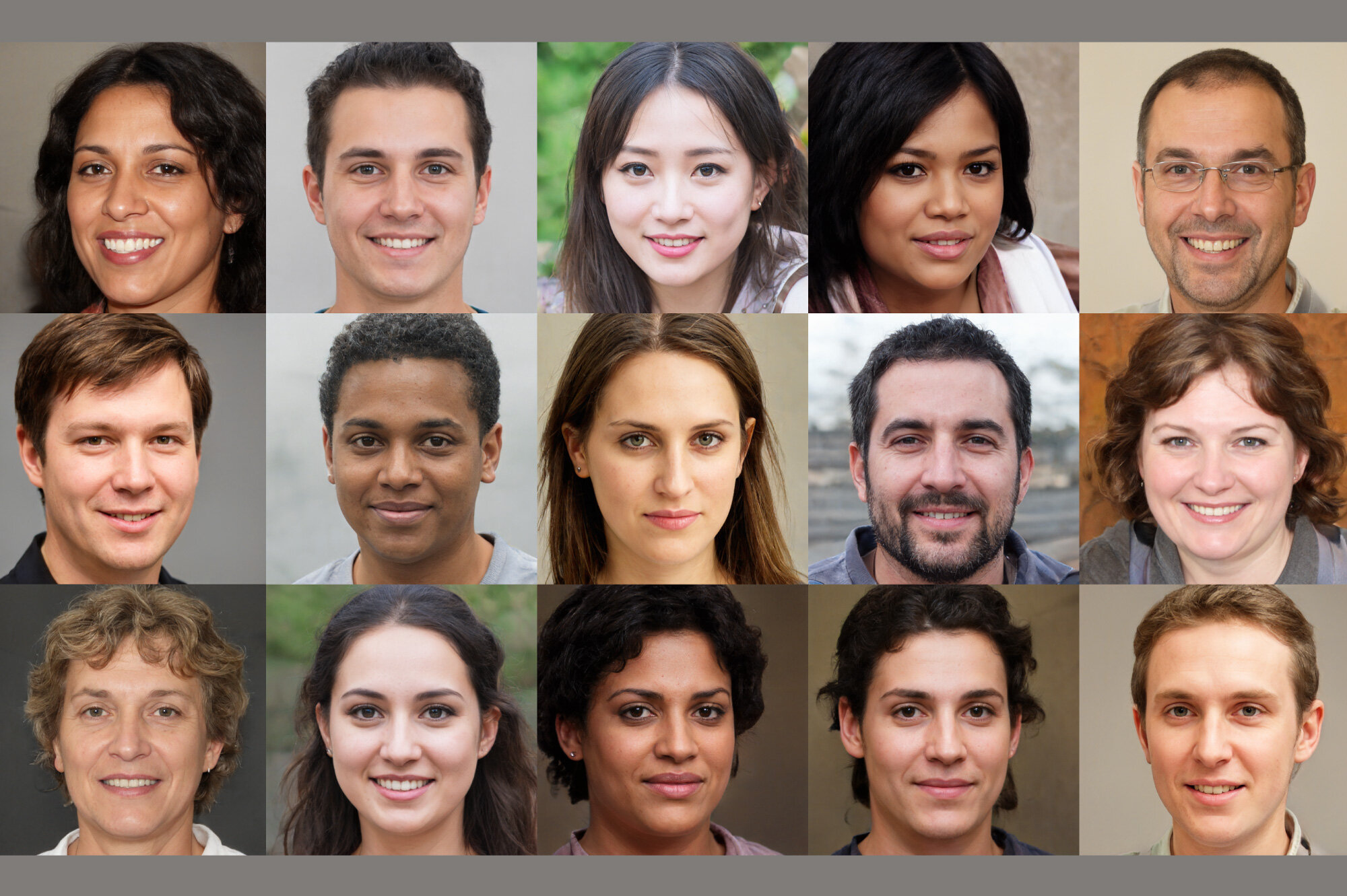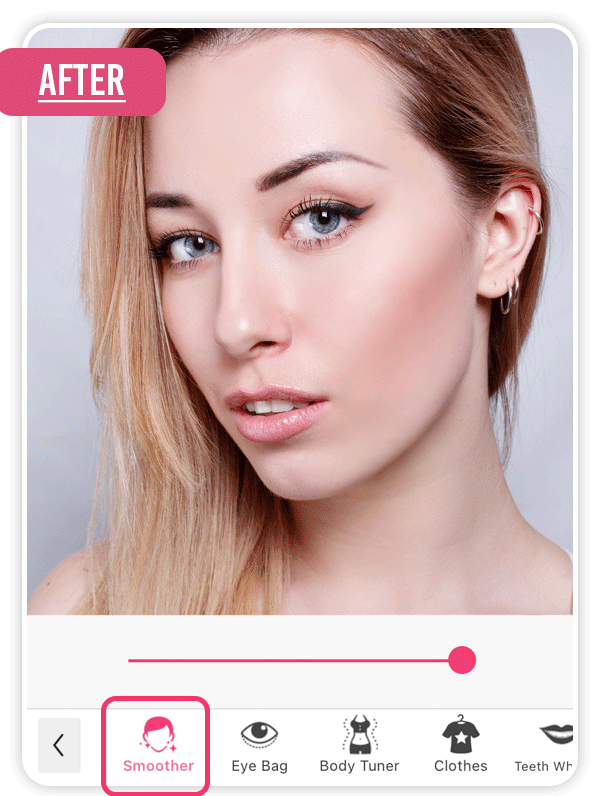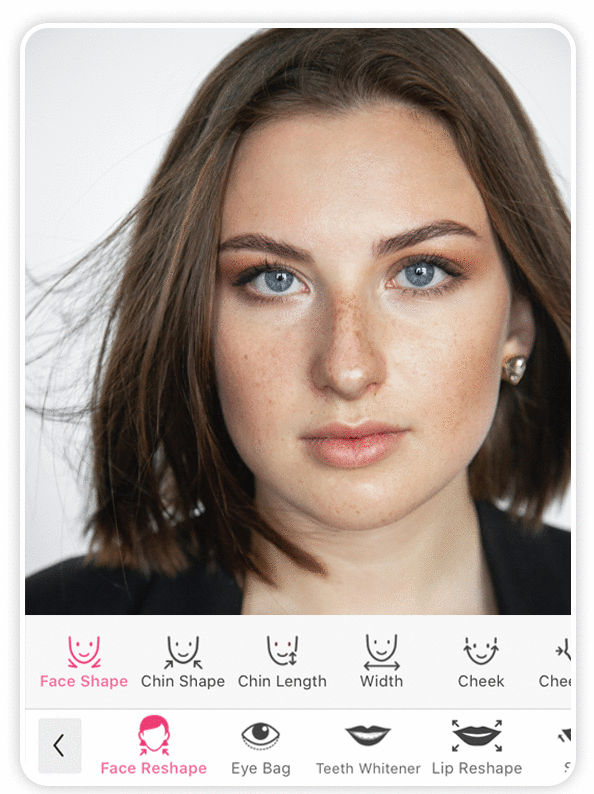
If I tell you that your photos, videos, selfies, and faces will help make another faces by artificial intelligence, would you be proud of yourself, or would you be extremely anxious?
Have you ever used face processing apps, filters or plugins? I mean apps like Snapchat, TikTok, or even Instagram’s story and video calling filters or similar ones.
With the help of these applications or in-app tools, you can process your face in different ways. That is, apply changes to the image of your face. Or add elements such as rabbit ears, dog nose, lipstick or even a mouth full of dragon fire or rainbow to your face. Therefore, you can make happy and fun moments for yourself and of course your audience.
The appeal of face filters, especially among the teenagers of Generation Z (people who were born with social networks such as Facebook and Instagram in action) is so great that large and small companies have created countless software and websites in this regard. In these apps, you must first record a selfie photo or video of yourself or be on a video call. Then wait for different types of your images. Some of these apps allow you to make your look younger or older with the help of artificial intelligence! You can even change your skin color or hair style!
Recognition of facial beauty by artificial intelligence!
Artificial intelligence can find out whether people are satisfied with the filter used on the user’s face by evaluating the audience’s reaction and feedback, emojis, animojis, likes, and especially the descriptions that people write in the comments!
Of course, from my point of view, we are all beautiful and the arrangement of the elements of the human face was done in the best possible way by its creator. But in the general view towards the concept of beauty, people may consider some faces more beautiful than others. In any case, artificial intelligence learns which faces with which features look more beautiful in the eyes of the public. The information that artificial intelligence collects over time is very valuable and pricey. Do you think that cosmetic companies and famous fashion brands do not want to pay good money for such information and statistics? By such information, the mentioned companies, can discover the trends of people’s interest and design targeted products and services according to the customers’ taste.
Regulations on face processing
At a time when concerns are rife over the advanced technology of filters – which are becoming increasingly undetectable – the introduction of legislation on using filters seems helping. Research by Dove recently found that 50 percent of girls believe they don’t look good enough without some form of photo editing.
But, experts have warned in the past that simply labelling something as retouched or filtered doesn’t necessarily stop the viewer from wanting to achieve the look.
In fact, a study by the University of Warwick found that flagging models as “enhanced” or “manipulated” actually increases our desire to emulate their appearance.
“Drawing attention to digitally altered images may not, as one might expect and hope, reduce the aspiration to attain contemporary beauty ideals,” the paper stated.
“Beauty ideals cannot be easily challenged by such interventions. Beauty ideals are culturally constructed and are carriers of meaning and value.”
Permissioned or permissionless?
On the other hand, if your mobile phone is disconnected rom the internet, some of these apps will not work. In other words, a number of face processing apps need to send your photo to their website server first to be able to apply various changes and filters. The AI then edits the photos and displays them to you.
Future of face processing
In the future, these apps and services will provide the possibility of 3D scanning of your face to be mapped on your avatar in Metaverse. 3D facial scanning is not a new technology. Apple mobile phones have been equipped with laser sensors ( LiDAR ) for years by which (aligned with of course artificial intelligence) its users can unlock the screen of their mobile phone ( Face ID ).
Important questions about face processing apps
- Have you ever paid these apps for such attractive services?
- Why are these apps free?
- Where is the source of income or profitability of these apps?
- How much does it cost to design and develop such services or applications?
Many different answers will pass through our minds. But whatever the answers are, we must be cautious. Because these software may share the recorded images of your face with other websites, services or artificial intelligence apps without your permission. One of the applications of such photos is feeding machine learning and artificial intelligence.
Machine learning and deep learning help artificial intelligence learn how to create the image of a human face from the data and information that exists in the world.

According to the New York Times article, all the faces above have been produced by artificial intelligence! But where is the information feed required by artificial intelligence services? Right! You answered correctly. On our own faces!
AI companies do not usually collect facial images of the people through a public call. Instead, they may acquire such a source of information by purchasing photos or videos collected in face processing apps. On the other hand, these companies may develop and publish such apps themselves under names apparently unrelated to their brands!
Moreover, the security and intelligence services of different countries may want to get such a valuable and important database of real images of people so that they can perform better in discovering, preventing or following up possible crimes.
The cons of face processing by artificial intelligence
Regardless of the advantages of the technology, which I mentioned in the previous parts, the production of hyperrealistic faces by artificial intelligence can also have risky aspects for individuals and businesses:
- Violation of privacy through information leakage and publication of private pictures.
- Unlocking the screen of some phones or laptops by unauthorized people.
- Authentication in crypto exchange and creation of unauthorized user account.
- Fake video call in order to borrow money or collect personal or confidential information from your acquaintances.
- Impersonating in social networks.
- Elimination of trust between people in online communities
- Potential risk to your digital identity.
- Potential risk of logging into a user account without a password.
The bottom line
Using technology can always be accompanied by fun, learning, productivity and at the same time, risks. By expressing my personal views or collecting important content on the Cryptomentor website, I try to help you welcome new and emerging technologies with wide open eyes through improving your knowledge and awareness .
If you have a topic in mind regarding my views in this article or any personal opinion, share it with me and others in the comments below so that we can brainstorm together.

